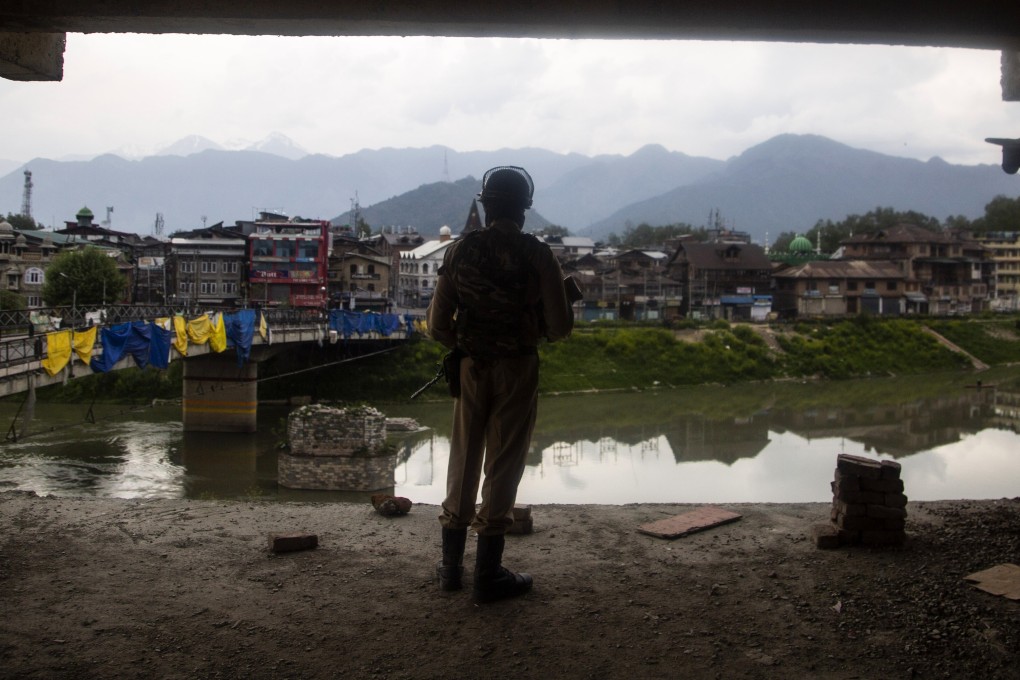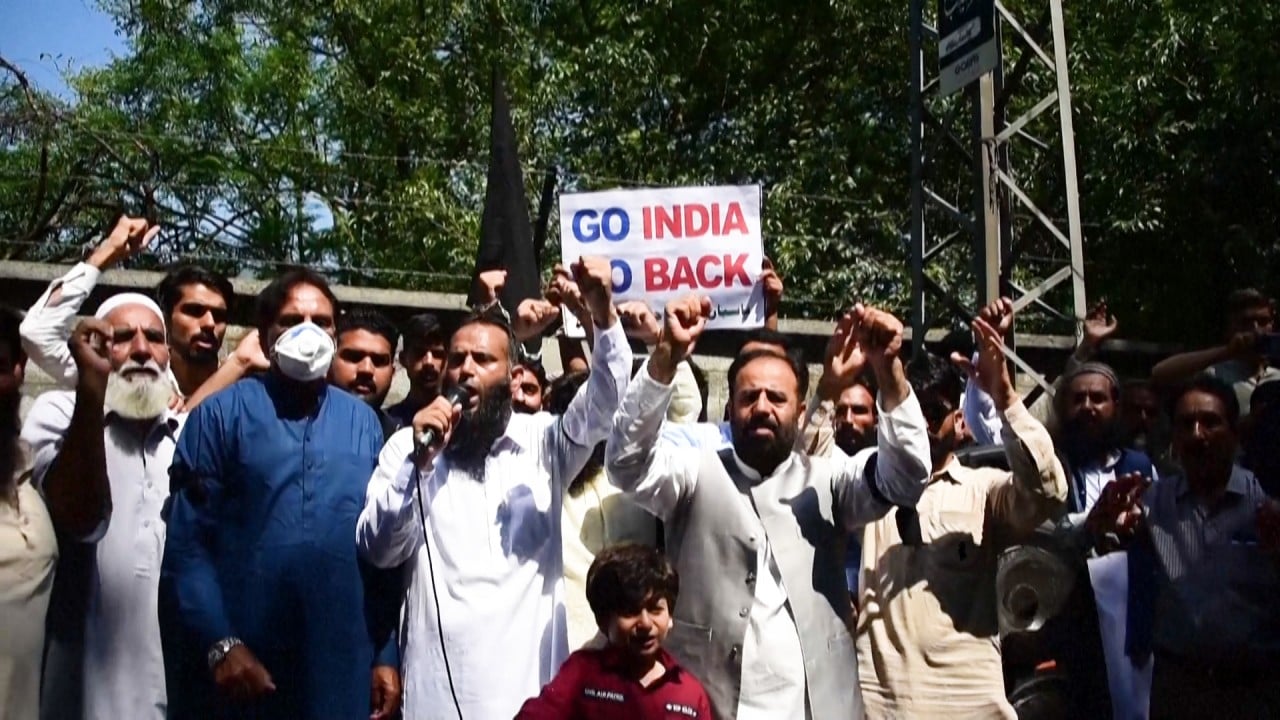Opinion | How India and Pakistan can make a ceasefire agreement stick
- Domestic political pressures and a deep mistrust between security establishments have long impeded India and Pakistan’s ability to maintain a ceasefire
- But it is possible for both sides to take a series of mutually reinforcing steps that would help make one that lasts, says Ameya Kilara

India and Pakistan’s ability to arrive at and maintain a ceasefire is impeded by domestic political pressures on the leaders of both countries, as well as a deep mistrust between their security establishments, and concerns among Kashmiri people of being overlooked. But it is possible for both sides to take a series of mutually reinforcing steps that would help make a ceasefire last.
After terror attacks take place, government statements should declare that India will not allow its peace efforts with Pakistan to be deterred by groups that are antithetical to peace in the region.

Anniversary of loss of special status for Indian-held Kashmir sparks protests on Pakistan side
Second, in the event of a crisis such as an escalation at the Line of Control or a terror attack in India, backchannel interlocutors, delegated by both countries, should agree in advance on a series of steps to de-escalate and keep talks going. These steps could include joint statements by the two governments immediately condemning any attack; activation of bilateral channels of communication; efforts to moderate hostile rhetoric by government officials; and perhaps bolder measures such as a joint investigation team to identify perpetrators.
